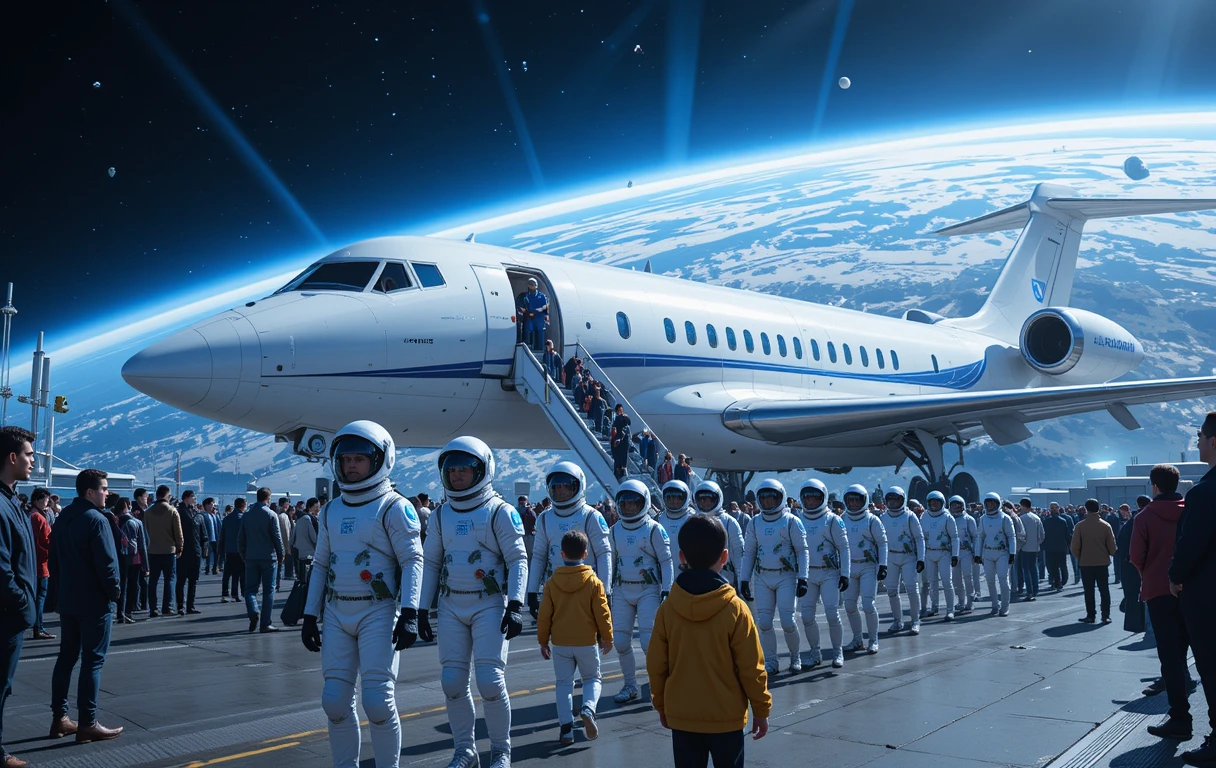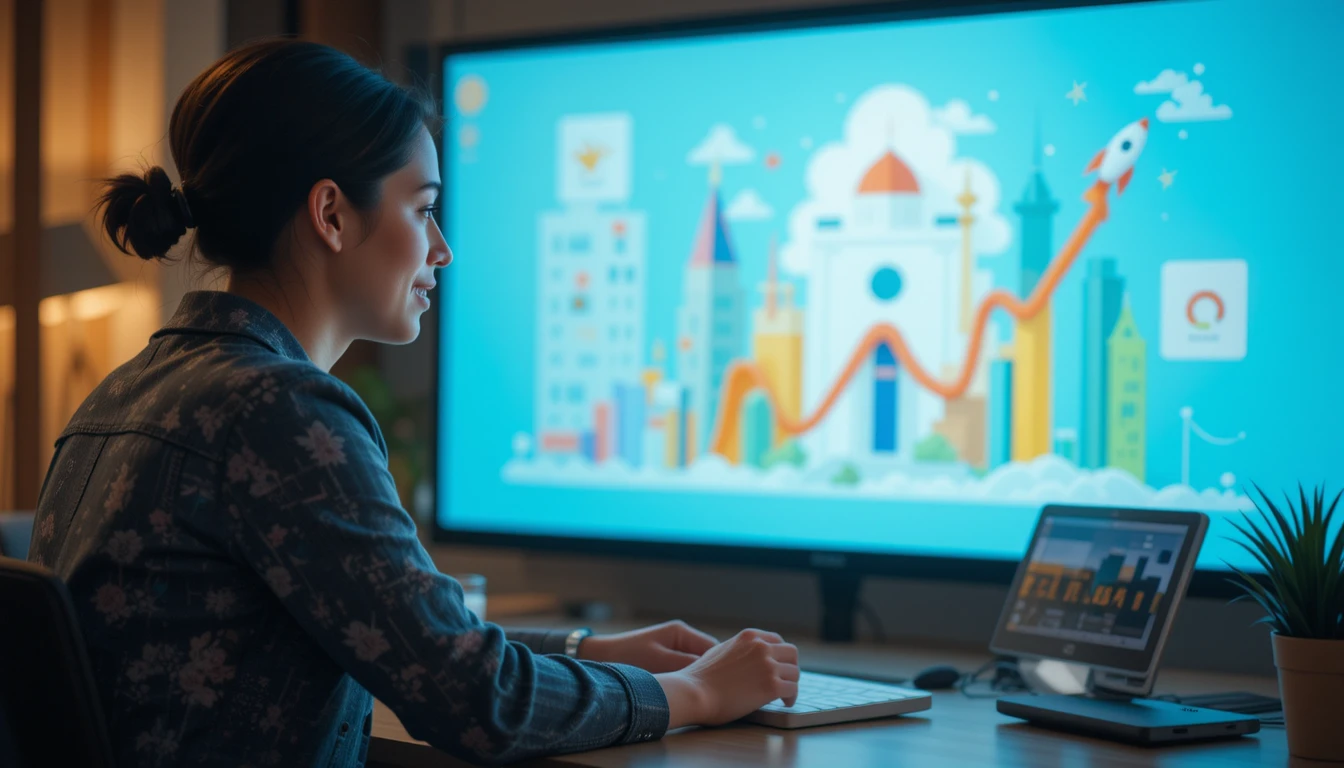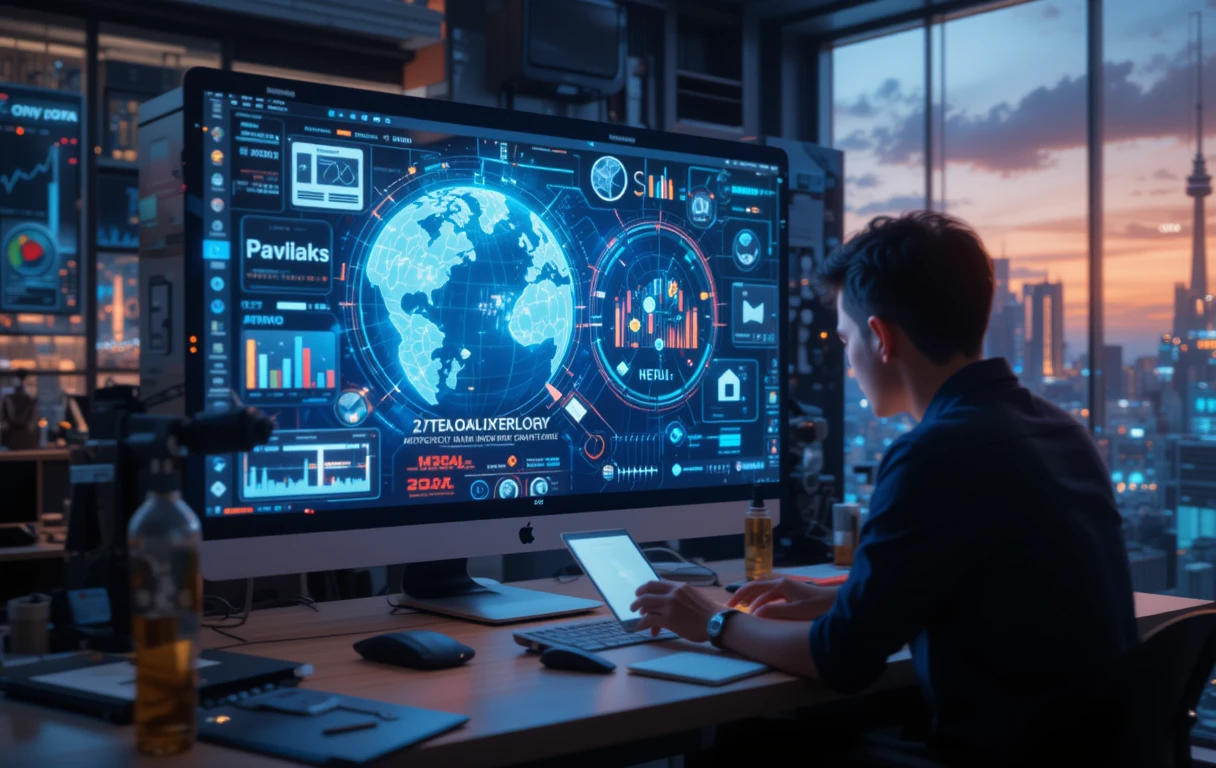In the past, the idea of space travel was reserved for highly trained astronauts who spent years preparing for their missions. But today, a new wave of innovation and private space exploration is reshaping this narrative. Space travel is no longer an exclusive club for government-trained professionals; it’s becoming a possibility for ordinary people like you and me. So, what does the future hold? Could we really see civilians walking among the stars? Let’s explore this exciting new chapter in human exploration.
How Space Travel Evolved: From Science Fiction to Reality
It wasn’t long ago that space travel seemed like something out of a sci-fi movie. The first manned space missions, like those of NASA’s Apollo program, marked humanity’s giant leap into the cosmos. But these missions came at a cost—both financially and physically. Astronauts were meticulously chosen and rigorously trained. The thought of an everyday person stepping into a spacecraft was, frankly, laughable.
Fast forward to today, and private companies like SpaceX, Blue Origin, and Virgin Galactic are making what once seemed impossible a reality. They are lowering the barriers of entry for space travel, both in terms of cost and accessibility. It’s a radical shift that is paving the way for space tourism and, potentially, for ordinary individuals to become astronauts.
The Rise of Space Tourism: Are We Ready?
Space tourism is no longer just a buzzword; it’s a booming industry. In 2021, billionaire entrepreneurs Jeff Bezos and Richard Branson made headlines by launching themselves into space aboard their respective companies’ spacecraft. These missions weren’t just PR stunts—they signaled the beginning of a new era where space is accessible to non-professionals.
Companies like SpaceX are planning orbital trips for civilians, while Virgin Galactic is offering suborbital flights that provide a few minutes of weightlessness. The idea of space travel is becoming less about exploration and more about experience.
But are we ready for it? While these experiences are thrilling, they raise questions about safety, sustainability, and the ethics of space tourism. Even so, the dream of touching the stars is now within reach for many.
How Much Will It Cost to Be an "Astronaut"?
Let’s be real—space travel is not cheap. Currently, a ticket on a Virgin Galactic flight costs about $450,000. SpaceX’s planned trips around the Moon? Those are expected to cost millions. Clearly, this isn’t something the average person can afford right now. But if history has taught us anything, it’s that innovation eventually leads to affordability.
Remember how expensive air travel used to be? Once considered a luxury for the elite, flying is now accessible to millions worldwide. The same could happen with space travel as technology advances and competition increases. In the next few decades, the cost of space tourism could drop significantly, opening the door for more people to experience it.
Training for Civilians: What Does It Take?
If you’ve ever seen footage of astronauts training, you know it’s no walk in the park. So, what happens when ordinary people start going to space? Will they have to endure the same rigorous preparation?
Not necessarily. Companies like SpaceX and Blue Origin are working to simplify the process for civilian passengers. While some basic training is still required—such as understanding zero gravity, emergency protocols, and spacecraft systems—it’s nowhere near as grueling as NASA’s astronaut programs.
This democratization of space travel is making it more accessible, but it also brings new challenges. For example, how do we ensure the safety of passengers who might not be in peak physical condition? These are the questions that private companies are working to address.
Will Space Travel Be Safe for Everyone?
Safety is, of course, a major concern. Space travel is inherently risky, and even the most advanced spacecraft can encounter unforeseen challenges. However, companies like SpaceX have made incredible strides in improving spacecraft reliability and safety.
Reusable rockets, like SpaceX’s Falcon 9, have significantly reduced the risks associated with launches. And while no system is foolproof, the lessons learned from decades of space exploration are being applied to make commercial space travel as safe as possible. It’s not perfect yet, but it’s getting there.
The Emotional Impact of Becoming an Astronaut
For many people, the thought of going to space isn’t just exciting—it’s deeply emotional. The “Overview Effect,” a phenomenon experienced by astronauts when they see Earth from space, often leads to profound feelings of awe, interconnectedness, and even a sense of responsibility for our planet.
Imagine what could happen if more people—ordinary people—had this experience. It could change the way we think about Earth, our place in the universe, and the challenges we face as a species. This emotional and philosophical shift could be one of the most powerful outcomes of making space travel accessible to all.
What the Future Holds: A Glimpse into Tomorrow
So, will ordinary people really become astronauts? The answer is a resounding “yes,” but it will take time. The current trajectory of innovation in space travel is promising, and as technology improves, costs will drop, safety will increase, and accessibility will expand.
In the next 10 to 20 years, we could see a world where taking a trip to orbit is as common as flying across the Atlantic. Space hotels, lunar vacations, and even asteroid mining could become part of our reality. The possibilities are endless, and the future of space travel is brighter than ever.
The Future of Space Travel
The future of space travel isn’t just about rockets and technology—it’s about people. It’s about breaking down barriers and making the extraordinary ordinary. As we stand on the brink of a new era, the question isn’t just whether ordinary people will become astronauts, but how this transformation will change us as a society.
Space travel isn’t just for the few anymore. It’s for all of us, and it’s closer than you think.




